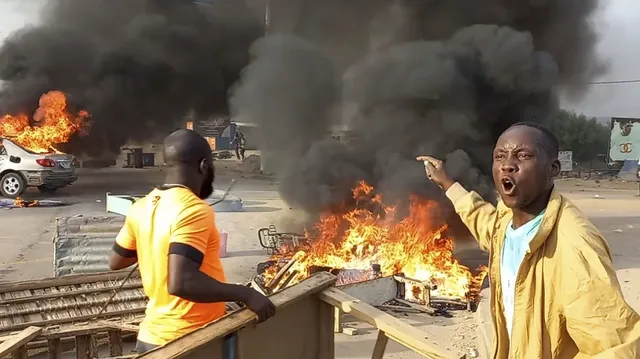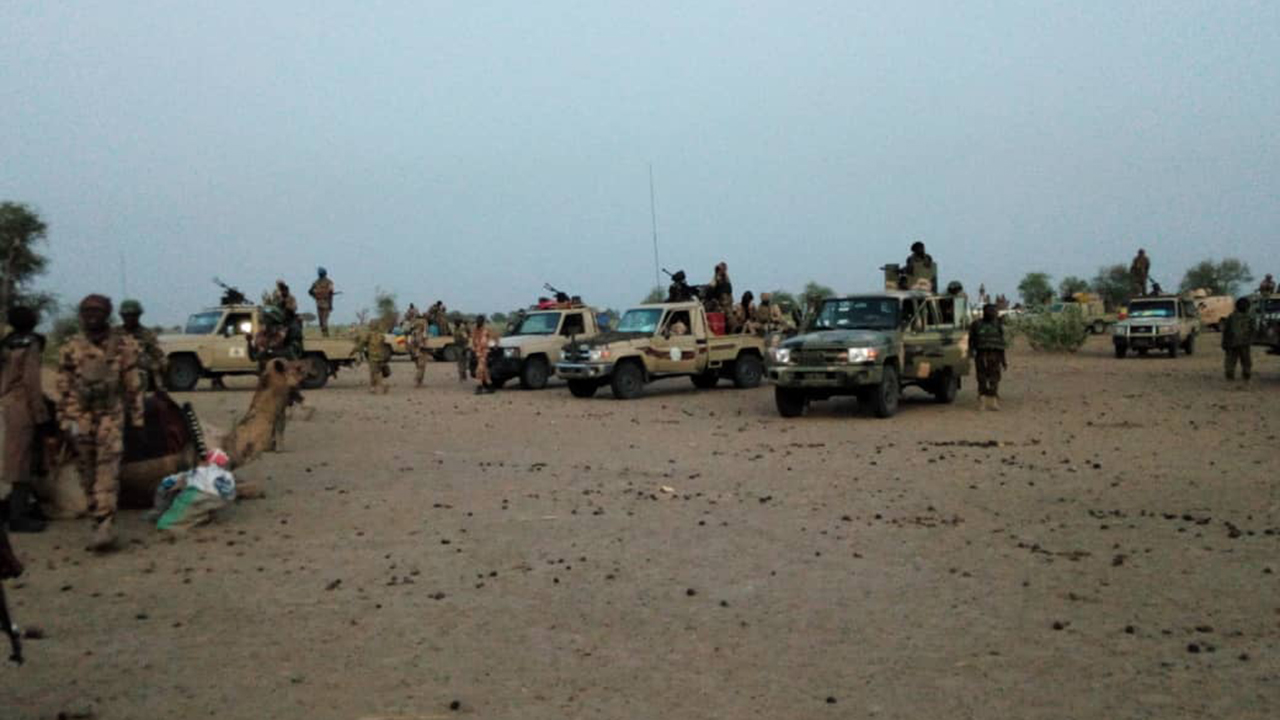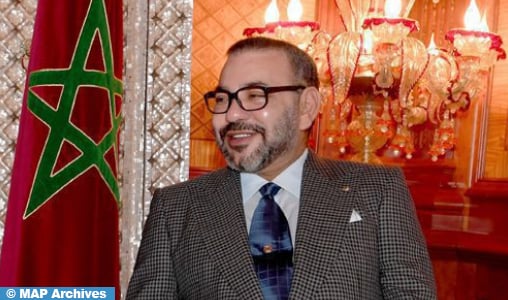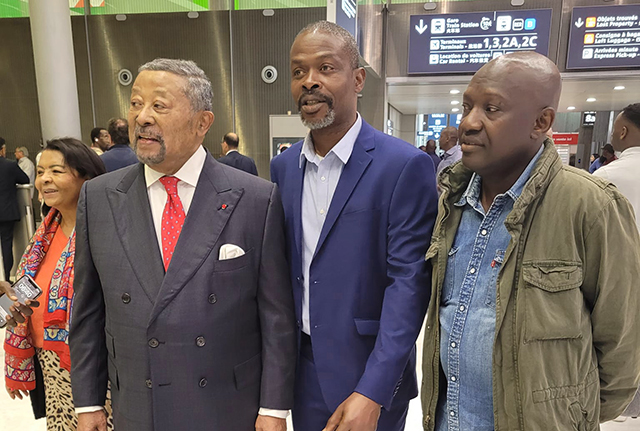In N’Djamena, Chad’s capital, heavy gunfire was reported near the headquarters of an opposition party, according to a witness on Wednesday. This follows earlier clashes near the country’s internal security agency that resulted in several casualties. The violence occurs amidst escalating tensions ahead of a presidential election scheduled for May and June, potentially marking a return to constitutional rule after three years of military rule.
The opposition Socialist Party Without Borders’ headquarters were sealed off by security forces following the clash near Chad’s internal security agency. Discrepancies arose between the government’s and the party’s accounts of the incident. The government claimed that representatives of the opposition party, led by its leader Yaya Dillo, attacked the agency, resulting in casualties. In a separate incident, the government stated that a party member, Ahmed Torabi, attempted to assassinate the president of the Supreme Court, Samir Adam Annour, and was subsequently apprehended.
However, the opposition party’s general secretary countered that the deaths near the security agency occurred when soldiers fired at party members. He claimed that Torabi was fatally shot on Tuesday and his body was left at the agency’s headquarters. On Wednesday, party members and Torabi’s relatives went to retrieve his body, resulting in further casualties when soldiers opened fire on them.
The government asserted that the situation was now under control, with perpetrators either apprehended or sought after. Diplomatic sources indicated that while the current situation appeared contained and focused on the opposition party, there were concerns about potential divisions within the security forces. Additionally, internet connectivity in Chad was disrupted following reports of the attack on the security agency headquarters.
In December, Chad’s Supreme Court approved a vote on a new constitution, criticized by some as potentially reinforcing the power of junta leader Mahamat Idriss Deby. Chad’s military government is among several juntas ruling in West and Central Africa, contributing to concerns about democratic regression in the region.



